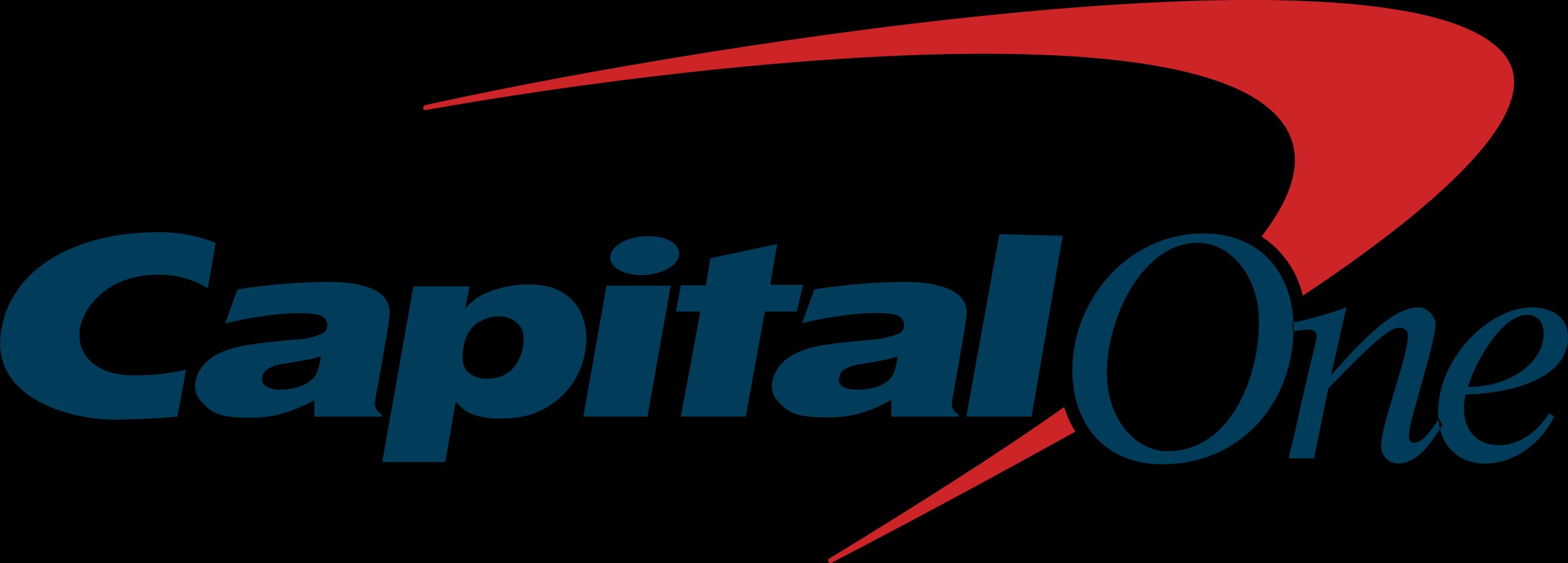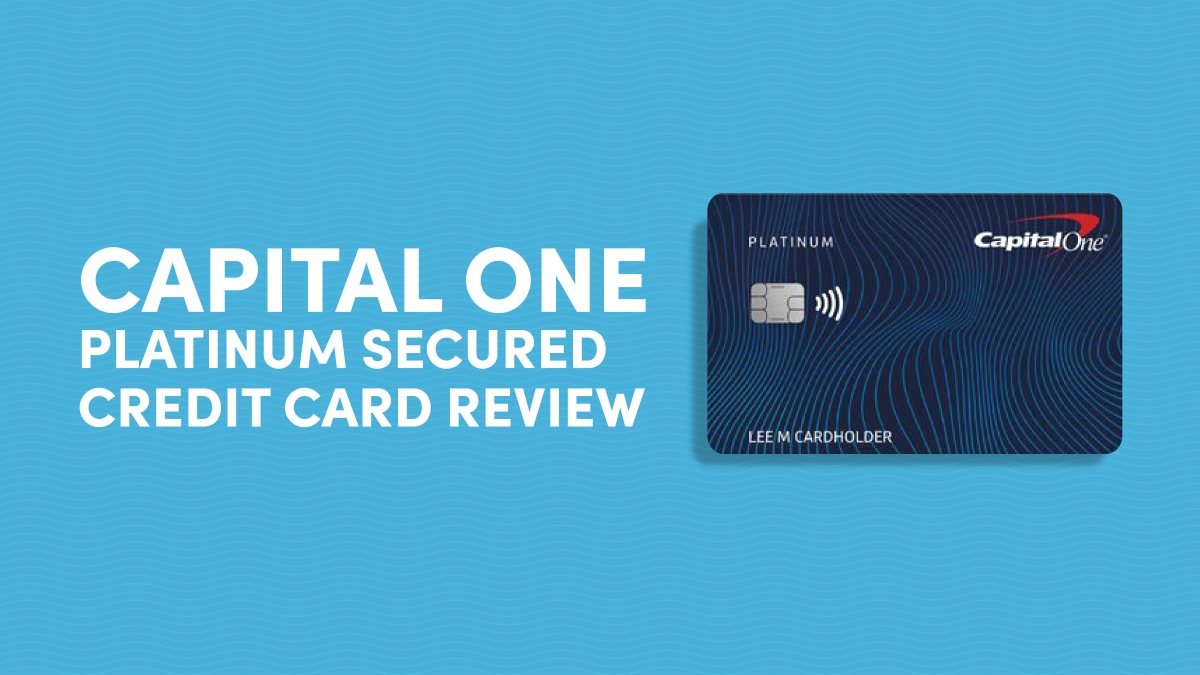Home>Finance>Why Might Capital One Deny My Application For A Secured Card?


Finance
Why Might Capital One Deny My Application For A Secured Card?
Published: March 1, 2024
Learn why Capital One might deny your secured card application and how to improve your chances of approval. Get expert insights on finance and credit.
(Many of the links in this article redirect to a specific reviewed product. Your purchase of these products through affiliate links helps to generate commission for LiveWell, at no extra cost. Learn more)
Table of Contents
Introduction
Applying for a secured credit card can be an important step in building or rebuilding your credit. However, not all applications are approved, and it can be disheartening to receive a denial from a card issuer. If you've recently applied for a secured card from Capital One and received a denial, you may be wondering why. In this article, we'll delve into the potential reasons why Capital One might deny your application for a secured card and provide insights into improving your chances of approval.
Understanding the reasons behind a denial can help you take the necessary steps to strengthen your financial standing and increase your likelihood of approval in the future. Whether you're new to credit or have experienced credit challenges in the past, gaining a deeper understanding of the application process and the factors that influence approval decisions can empower you to make informed choices and work towards achieving your financial goals.
Denied applications for secured credit cards can be discouraging, but they also present an opportunity to evaluate your financial situation and make positive changes. By learning about the potential reasons for denial and implementing strategies to enhance your creditworthiness, you can position yourself for success in obtaining a secured card and improving your overall financial well-being.
Understanding the Secured Card Application Process
When applying for a secured credit card, it’s essential to comprehend the underlying process and factors that influence the approval decision. Unlike traditional credit cards, secured cards require a security deposit, which serves as collateral and minimizes the risk for the card issuer. This deposit typically determines your credit limit, and it’s crucial to provide accurate and verifiable information when submitting your application.
Capital One, like other financial institutions, assesses various aspects of your financial profile when reviewing a secured card application. Your credit history, income, employment status, and existing debts are among the key factors considered. While secured cards are designed to accommodate individuals with limited or damaged credit, issuers still evaluate the applicant’s ability to manage credit responsibly.
Understanding the significance of these factors can guide you in presenting a strong application. It’s important to be transparent about your financial circumstances and demonstrate a commitment to responsible credit usage. Additionally, familiarizing yourself with the specific requirements and eligibility criteria set forth by Capital One for their secured cards can help you tailor your application to align with their expectations.
Furthermore, comprehending the impact of a secured card on your credit journey is vital. Successfully managing a secured card by making timely payments and maintaining a low credit utilization ratio can contribute to positive credit history and potentially lead to future credit opportunities. By grasping the nuances of the application process and the potential implications of being approved for a secured card, you can approach the process with clarity and purpose.
Factors That Could Lead to a Denied Application
Several factors may contribute to Capital One denying an application for a secured credit card. Understanding these potential reasons can provide valuable insights into areas that may need improvement in your financial profile. Here are some common factors that could lead to a denial:
- Insufficient Income: Capital One may deny your application if your income is deemed insufficient to support the credit limit requested or if it doesn’t meet their minimum income requirements for the card.
- Unstable Employment: If you have a history of frequent job changes or unemployment, it could raise concerns about your ability to meet your financial obligations, leading to a denial.
- Recent Bankruptcy or Delinquencies: A recent bankruptcy filing or a history of missed payments and delinquencies on existing debts may signal a higher risk to the issuer, resulting in a denial.
- Excessive Debt: High levels of existing debt relative to your income could indicate financial strain and may lead to a denial, as it raises questions about your capacity to take on additional credit responsibly.
- Errors on the Application: Inaccurate or incomplete information on your application, such as incorrect personal details or discrepancies in your financial data, can prompt a denial as it hinders the issuer’s ability to assess your creditworthiness accurately.
It’s important to note that these factors are not necessarily insurmountable barriers to obtaining a secured card. By addressing these areas and taking proactive steps to strengthen your financial standing, you can enhance your eligibility for approval in the future. Moreover, understanding the specific criteria and preferences of Capital One can guide you in tailoring your application and making adjustments to align with their expectations.
While a denial can be disappointing, it serves as a valuable opportunity to evaluate your financial situation, address any weaknesses, and work towards improving your creditworthiness for future applications.
Tips for Improving Your Chances of Approval
While a denial for a secured credit card can be disheartening, there are proactive steps you can take to enhance your eligibility and improve your chances of approval, especially with Capital One. Consider the following tips to strengthen your application:
- Review and Improve Your Credit Profile: Obtain a copy of your credit report and check for any inaccuracies or overdue accounts. Addressing any errors and paying down existing debts can contribute to a more favorable credit profile, potentially increasing your chances of approval.
- Stabilize Your Income and Employment: Demonstrating stable employment and a reliable income stream can bolster your application. If possible, aim to maintain steady employment and minimize significant changes in your income prior to reapplying.
- Manage Existing Debts: Work towards reducing your existing debt burden, especially high-interest debts, to improve your debt-to-income ratio. This showcases responsible financial management and can enhance your creditworthiness.
- Understand Capital One’s Criteria: Research and familiarize yourself with the specific requirements and preferences of Capital One for secured card applicants. Tailor your application to align with their expectations, such as meeting their minimum income thresholds and providing accurate financial information.
- Consider a Co-Signer or Joint Account Holder: If appropriate, exploring the option of a co-signer or joint account holder can strengthen your application. This provides additional assurance to the issuer and may increase your chances of approval.
- Reapply Strategically: If your initial application is denied, take the time to address any deficiencies in your financial profile before reapplying. Rushing into a new application without making necessary improvements may result in another denial.
It’s important to approach the application process with patience and a commitment to enhancing your financial standing. By implementing these tips and addressing any potential weaknesses in your application, you can position yourself for a more favorable outcome and increase your likelihood of securing a secured credit card with Capital One in the future.
Conclusion
Receiving a denial for a secured credit card from Capital One can be a setback, but it also presents an opportunity for reflection and improvement. Understanding the intricacies of the application process and the factors that could lead to a denial is essential for charting a path towards future approval. By addressing potential weaknesses in your financial profile and taking proactive steps to enhance your creditworthiness, you can increase your chances of securing a secured card in the future.
It’s important to approach the situation with a positive mindset and a commitment to financial empowerment. Use the denial as a catalyst for positive change, whether it involves stabilizing your income, managing existing debts, or improving your credit profile. Each step taken towards strengthening your financial standing brings you closer to achieving your credit goals and accessing the financial tools you need.
Remember that a denial for a secured card is not a permanent roadblock. With diligence and strategic adjustments, you can position yourself for future success. Additionally, leveraging the insights gained from the denial to tailor your application and address any deficiencies can significantly enhance your chances of approval when reapplying.
Ultimately, the journey towards obtaining a secured credit card with Capital One is a testament to your commitment to financial responsibility and growth. By learning from the denial, implementing targeted improvements, and approaching the application process with a well-informed strategy, you can pave the way for a more positive outcome and a stronger financial future.














